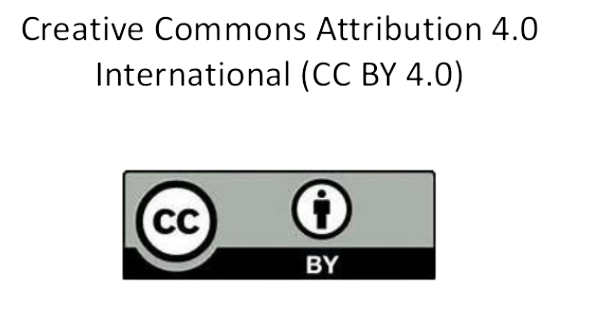Publication Ethics
Authors' Responsibility
Authors must be trustworthy when reporting their study findings and conclusions. Misconduct in research is destructive to knowledge. It has the potential to mislead other studies.
Research Results
Fabrication, falsification, or selective reporting of data with the intent to mislead, as well as the theft of data or research results from others, are unethical practices. Study findings should be documented and archived for future review and evaluation. Following publication, the data should be stored for a reasonable period and made available upon request, with exceptions to protect privacy, ensure patent protection, or for other valid reasons.
Authorship
Anyone who has made a substantial contribution should be acknowledged as an author. Others who contributed should also be recognized. Articles should include a complete list of all authors' current institutional affiliations, whether academic or business.
Plagiarism
Reproducing text from other papers without proper attribution (plagiarism) or producing multiple papers with nearly identical content by the same authors (self-plagiarism) is prohibited. Submitting the same results to multiple journals simultaneously is unethical, with the exception of review articles. Authors must not present others' findings as their own and should acknowledge the work that informed their research. Turnitin/Drillbit will be used to screen papers submitted to the Journal of Pedagogical and Teacher Professional Development for plagiarism. Papers with plagiarism will be promptly rejected.
Duplicate Submission
Submissions of the same paper to multiple journals at the same time will not be accepted and will be deleted.
Corrections and Retractions
Authors must promptly notify and work with journal editors to issue retractions or corrections for errors in published works.
Retractions will be issued if:
There is strong evidence of unreliable results due to misconduct (e.g., data falsification) or honest error (e.g., miscalculation).
The findings were previously published elsewhere without proper cross-referencing, permission, or justification (duplicate publication).
Plagiarism is identified.
The research is deemed unethical.
Errata will be issued if:
A minor part of an otherwise reliable publication is misleading due to an honest error.
The authorship is incorrect (e.g., an author was omitted or someone not meeting authorship criteria was included).
Misconduct also includes failing to fulfill obvious ethical and legal obligations, such as misrepresenting one's interests, breaching confidentiality, failing to get informed permission, and abusing research subjects or materials. Misbehavior also involves poor handling of violations, such as efforts to hide misconduct and retaliation against whistleblowers.
The major duty for dealing with research misconduct rests with those who hire the researchers. If a probable violation is brought to our notice, we shall consult with the referees and the Managing Editor. If proof exists, we shall handle the situation by making appropriate revisions in the printed and online journal; failing to discuss an author's future work for a certain length of time; and notifying impacted authors and editors of other publications.
Minor infractions may not result in official investigations, but they are just as harmful given their likely frequency and should be remedied by instructors and mentors.
PUBLICATION ETHICS
a. The Journal of Pedagogical and Teacher Professional Development publishes articles created within the context of an appropriate research paradigm. All of the essential measures must be taken. These stages must be controlled by the editorial staff and reviewers.
b. The editors and publisher are aware of the ramifications of research misconduct discovery.
c. In the event of ethical violence or research misconduct, Journal of Pedagogical and Teacher Professional Development removes the article from its website and requests an explanation from the authors (or corresponding writer) within 5 days. The editorial board of Journal of Pedagogical and Teacher Professional Development examines the provided response and makes a final judgment on the article.
d. The Journal of Pedagogical and Teacher Professional Development's Editorial Board and Publisher publicly proclaim that any changes, clarifications, retractions, and apologies will be published on the Journal's website.










